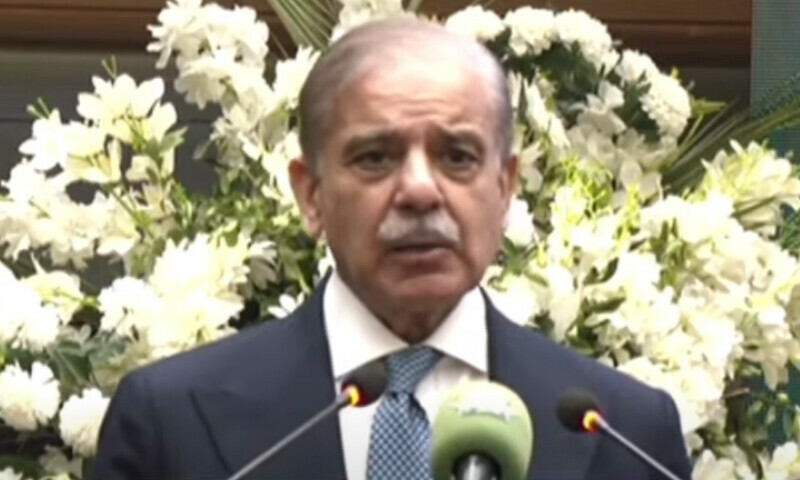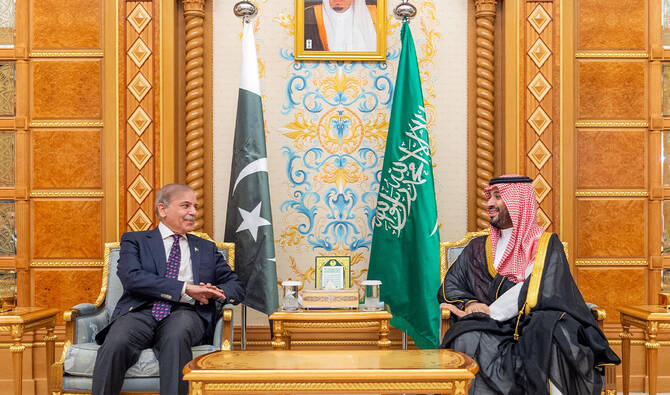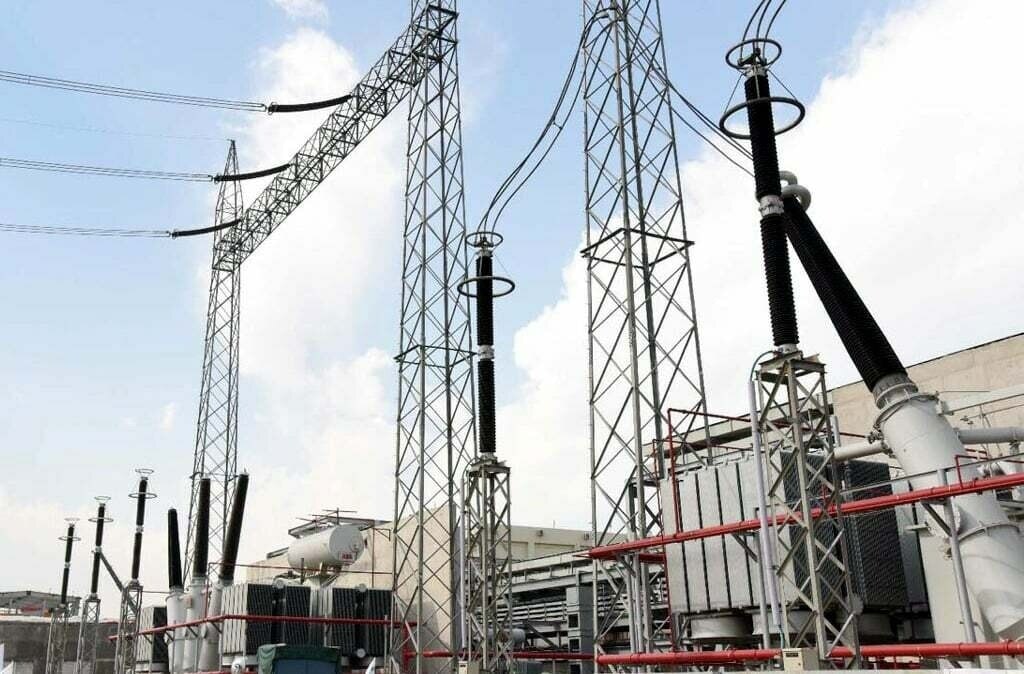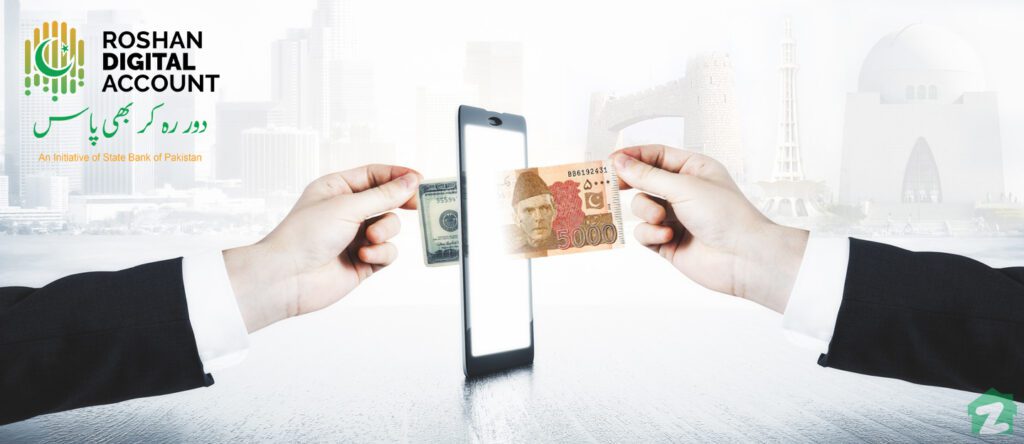PTBP Web Desk
Prime Minister Shehbaz Sharif, speaking at the Pakistan Stock Exchange (PSX) in Karachi on Wednesday, emphasized the pressing need for economic reforms and sustainable growth. Addressing a gathering of business professionals and investors, the prime minister acknowledged the obstacles posed by the current tax structure, calling it “prohibitive” for businesses and investment opportunities.
While highlighting the nation’s ongoing commitments to the International Monetary Fund (IMF), Shehbaz stressed the importance of fulfilling these obligations to stabilize the economy. “We will say goodbye to the IMF, but only when the time is right. At present, we must maintain this relationship and achieve our targets,” he remarked.
Pakistan’s economic journey has been punctuated by financial challenges, with the $350 billion economy requiring 23 IMF bailouts since 1958. The most recent agreement—a 37-month Extended Fund Facility (EFF) with the IMF—was signed in July last year. The next review of this $7 billion program is slated for February.
Despite these challenges, Shehbaz highlighted progress in tax collection, noting that the tax-to-GDP ratio has reached 10.8%, surpassing the IMF’s target of 10.6%. However, he admitted that this improvement is insufficient, urging further efforts to bolster the economy.
He also spoke about achieving macroeconomic stability, a milestone he described as the foundation for sustained growth. “We have initiated our journey toward economic growth, but converting stability into growth remains our main challenge,” the prime minister said.
In his address, Shehbaz also touched upon the privatization of Pakistan International Airlines (PIA). He assured the audience that the process would be conducted transparently, emphasizing the importance of public trust and
Shehbaz lauded the PSX for its stellar performance in 2024, earning the title of the second-best-performing stock exchange in the world. The benchmark KSE-100 Index saw an impressive 85% increase in PKR terms (87% in USD) last year, closing at 115,259 points.
Despite this success, the market remains below its 2017 peak, reflecting the long-term challenges that Pakistan’s economy continues to face.
The prime minister called upon economic experts to contribute their insights and strategies for sustainable growth. “As we move toward growth, we must be brave yet cautious. Prudence is essential in managing the challenges ahead,” Shehbaz said.
Finance Minister Muhammad Aurangzeb, who also addressed the event, echoed the prime minister’s sentiments. He credited macroeconomic stability to reforms in bureaucracy and pensions, which have helped the government lower its debt stock and manage debt servicing.
Aurangzeb highlighted the growing investor confidence in Pakistan’s economy, evidenced by the increase in PSX investors from 330,000 to 365,000 over nine months. “This growth is a positive indicator, and the stock exchange has a critical role to play in driving the country’s economic progress,” he added.
Aurangzeb emphasized the importance of structural reforms for achieving long-term stability and growth. “Implementation and execution are key. Without these, moving forward from stabilization to sustainable growth will be impossible,” he stated.
He also underscored the need to reduce Pakistan’s dependence on banks by strengthening equity capital markets. “Equity markets must step up to bridge the gap and support economic growth,” he said, drawing from his experience as a banker.
In closing, both leaders reaffirmed their commitment to overcoming economic challenges and paving the way for a stable, prosperous Pakistan. With efforts focused on tax reforms, privatization, and structural changes, the government is keen to transform macroeconomic stability into sustained growth.
The prime minister’s visit to PSX highlighted the potential of Pakistan’s financial markets and the importance of fostering investor confidence. The journey ahead may be fraught with challenges, but with transparency, collaboration, and prudent policies, Pakistan is poised to achieve sustainable economic growth.




